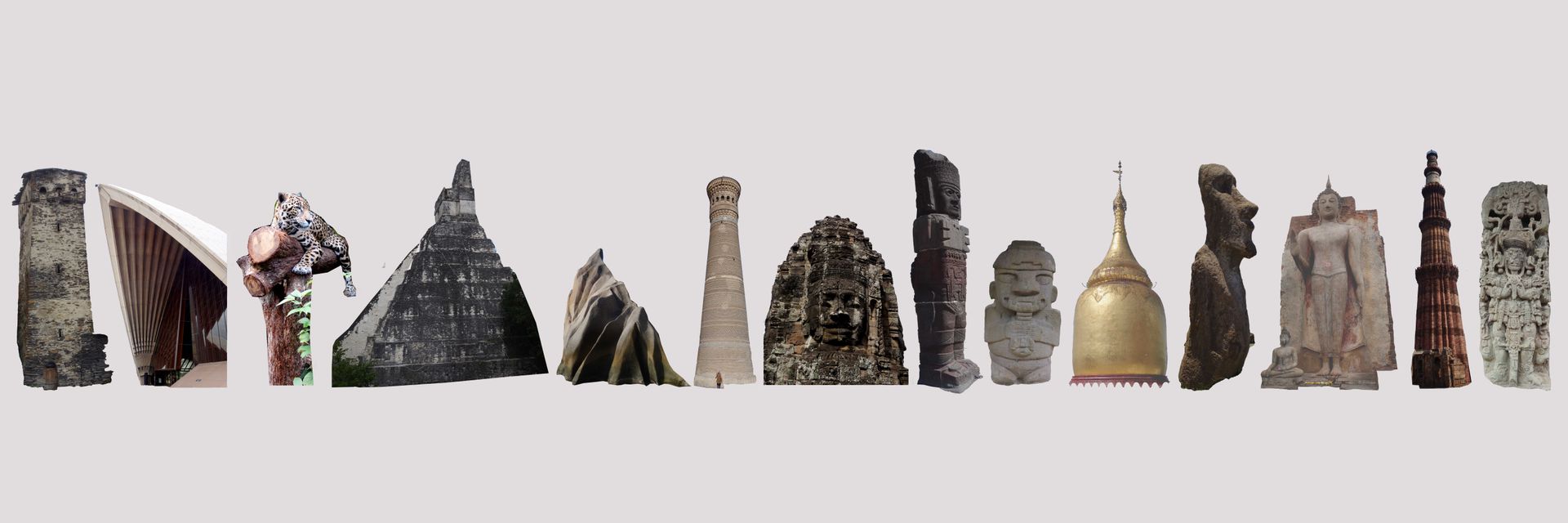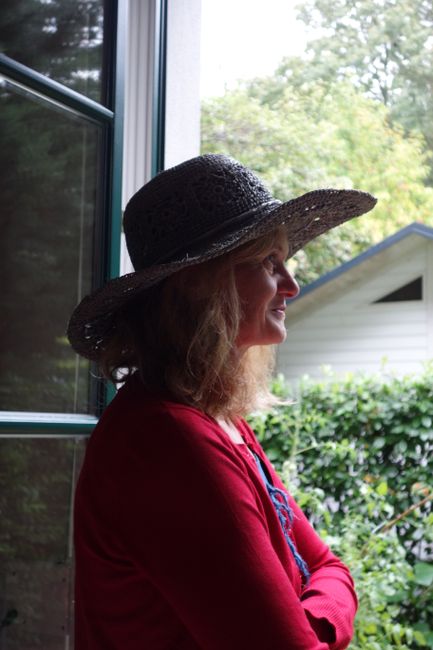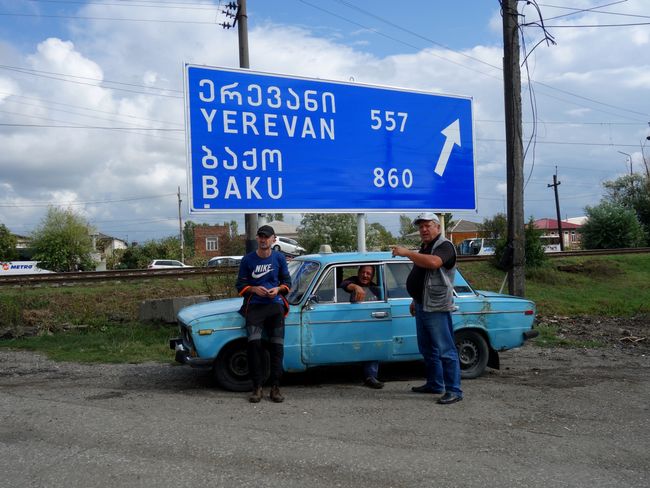Georgia - blown away
ପ୍ରକାଶିତ |: 17.09.2018
ସମ୍ବାଦପତ୍ରକୁ ସବସ୍କ୍ରାଇବ କରନ୍ତୁ |
Can you photograph misery? That is a question that I often ask myself here in Georgia and one that I will probably continue to ask myself throughout the journey. Again and again, as we drive through the country, we pass by houses that have decayed to the point where one can only wish they were uninhabited - which unfortunately was not the case. This was also the case on Monday in Tbilisi: an actually beautiful little house in the old town, light blue and with a carved wooden veranda, but unfortunately in a ruinous condition. There were children's toys in the yard and laundry hanging on a clothesline. No, I cannot photograph something like that, as a souvenir from the vacation. My limit is the rusty cars that can be admired under #Fast wie bei unseren Nachbarn, because these (even if they are a sign of lack of money in car-crazy Georgia) often appear in front of very decent-looking dwellings.
By the way, Tbilisi is a nice city with great contrasts: a completely decaying European quarter (which is a bit reminiscent of Krakow); an oriental quarter where newly renovated houses stand next to half-ruins; some pedestrian zones for tourists; restaurants in all price ranges; Ermenegildo Zegna, Intimissimi and Gucci; a nice flea market (where there were no records by Tengiz Zaalishvili - attention, insider joke, solution on Youtube).
My review of Georgia: Yes, it is worth coming here. In a few years, Tbilisi will probably be 'easier to digest' when people no longer live in turn-of-the-century houses with thick cracks in the facade. For both of us, Ushguli with its tower houses was the clear highlight of the trip (#Hinter den sieben Bergen). I won't write about the great churches anymore, I have already been very detailed about them (church break until Colombia).
So far, the really good wine has been somewhat neglected: There are around 75 autochthonous grape varieties here that are very interesting. And Georgia is something like the birthplace of the currently popular Orange Wines and biodynamic wines. Since ancient times, the grapes have been fermented in clay amphorae (known as Kvevris), which are buried in the ground - and the white wines are fermented in the same way as the red wines with us (i.e. left on the skins for a long time) and the red wines are fermented in the same way as the white wines with us (i.e. only a short time on the skins). The result is amber-colored, dense white wines (the best one was the Rkatsiteli from the winery in Temi) and aromatic red wines. The autochthonous grapes are also suitable for 'European' aging, as the wines from Chateau Mukhrani show.
I have mentioned several times that the food is good (and plentiful). And the people are friendly and helpful. So, Georgia was a wonderful start.
ସମ୍ବାଦପତ୍ରକୁ ସବସ୍କ୍ରାଇବ କରନ୍ତୁ |
ଉତ୍ତର


